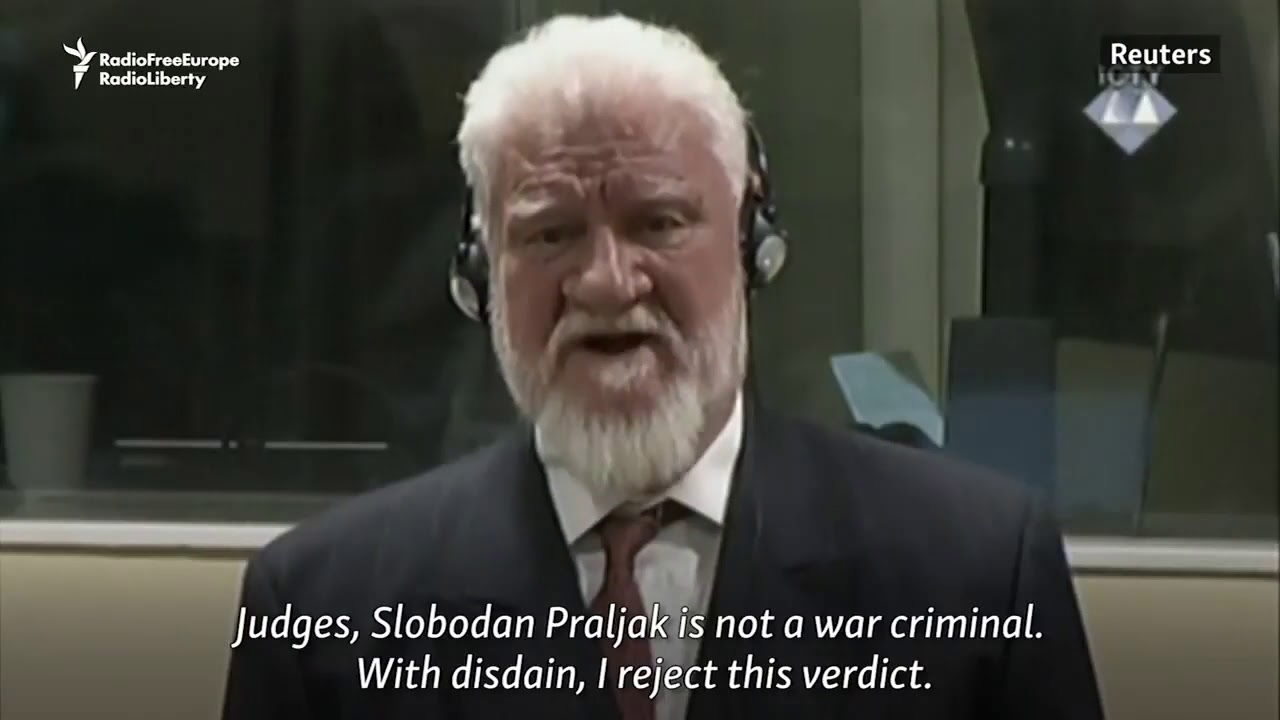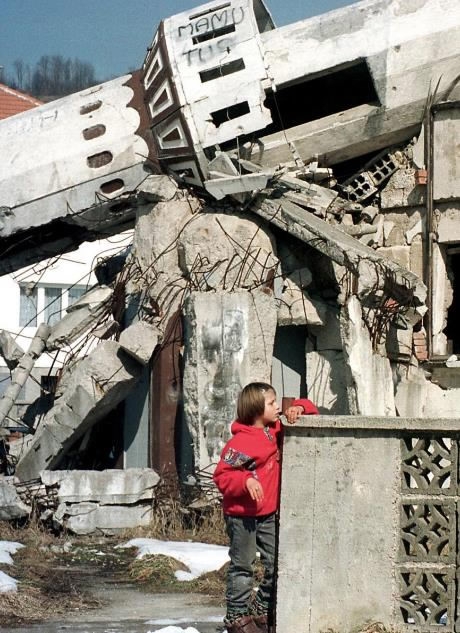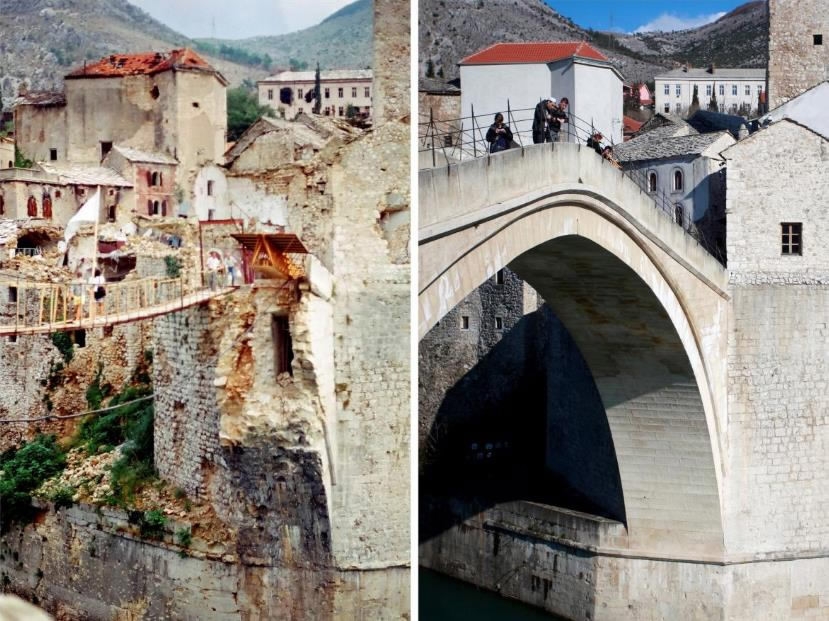
Politics
14:41, 13-Dec-2017
UN judges hear bid to quash radical Serb's acquittal
CGTN

UN prosecutors Wednesday sought to overturn the surprise acquittal of ultranationalist Serbian politician Vojislav Seselj on war crimes charges, arguing last year's ruling had been deeply flawed.
A ruling in the Seselj appeal is due in early 2018.
"Your Honors, justice has not been done in the case against Vojislav Seselj," said prosecutor Mathias Marcussen, adding his office had "identified numerous errors" in the 2016 ruling which found Seselj not guilty on nine counts of war crimes and crimes against humanity.
Seselj himself snubbed the appeal hearing, which comes after several recent blows for the International Criminal Tribunal for the former Yugoslavia (ICTY) and its work to prosecute those behind the atrocities of the 1990s Balkans wars.
Those setbacks included the dramatic live suicide of former Bosnian Croat military commander Slobodan Praljak, who swallowed cyanide in the courtroom in late November just after judges upheld his 20-year jail term for war crimes.

Slobodan Praljak took poison after pledging he was not guilty in court at The Hague, November 29, 2017. / Reuters Photo
Slobodan Praljak took poison after pledging he was not guilty in court at The Hague, November 29, 2017. / Reuters Photo
Just a week earlier, Bosnian Serb military commander Ratko Mladic had to be dragged from the court during an angry outburst as he was jailed for life for genocide, among other charges.
The man, dubbed the "Butcher of Bosnia", has announced his intention to appeal.
Set up in 1993, the ICTY has successfully prosecuted dozens of those responsible for the worst atrocities in Europe since World War II.
But hopes of bringing reconciliation to the bitterly divided region are far from having materialized.
In a fresh sign of the bitter tensions, about 2,000 people packed a public memorial in Zagreb on Monday to honor Praljak hailing him as a hero. "No one can compare to a great man like Slobodan," said Miroslav Tudjman, an MP of Croatia's conservative HDZ party and son of late Croatian nationalist Franjo Tudjman.
He slammed the UN judges as "incompetent and irresponsible" and said the court is "a parody, a theatre of the absurd".
Contempt
Seselj has done nothing to hide his own contempt for the tribunal.
"I have nothing to do with the court in The Hague," he told AFP in Belgrade, adding he had spent 12 years in the city "waiting for the court to prove the charges against me".
"Since I was acquitted in the first instance, I do not see what is left for this mechanism, what it can do with my verdict," added Seselj, now a member of the Serbian parliament with his Serbian Radical Party.
He plans to be absent Wednesday when from 1200 GMT judges at the MICT hear oral arguments by prosecutors, who insist Seselj was behind the murders of many Croats, Muslims and other non-Serb civilians in an unrelenting quest to create a "Greater Serbia".

A Bosnian girl stands in front of a destroyed mosque in the village of Ahmici, Bosnia and Herzegovina, March 2001. / Reuters Photo
A Bosnian girl stands in front of a destroyed mosque in the village of Ahmici, Bosnia and Herzegovina, March 2001. / Reuters Photo
Prosecutors are appealing after the first judges last year found Seselj, 63, not guilty on nine counts of war crimes and crimes against humanity.
In their majority ruling, the judges said the prosecution had failed to prove "there was a widespread systematic attack against the non-Serb civilian population in large areas of Croatia and Bosnia-Hercegovina."
Prosecutors also failed to prove any "causal link" between Seselj's fiery speeches and the wave of atrocities, they ruled. When he told his troops during the deadly three-month siege of the Croatian town of Vukovar in 1991 "to spare no one", he was merely "participating in the war effort by galvanizing Serb forces," the judges concluded.
No reasoning
Seselj hailed his acquittal as "honorable and fair", but the verdict left prosecutors baffled. Experts said the judgment overturned the international law and rewrote the history of the Balkans conflicts, triggered as Yugoslavia broke apart in 1991 following the fall of communism.

A combination picture shows people crossing a bridge in June 1993, and the same location on February 23, 2013, in Mostar, Bosnia and Herzegovina. / Reuters Photo
A combination picture shows people crossing a bridge in June 1993, and the same location on February 23, 2013, in Mostar, Bosnia and Herzegovina. / Reuters Photo
In an unusually strong dissenting opinion, Italian judge Flavia Lattanzi said her two fellow judges used "insufficient reasoning, or no reasoning at all" in their findings.
Prosecutors have appealed the acquittal on two grounds: the trial judges "failed to give a reasoned judgment" and that they "erred in fact by acquitting the accused."
Source(s): AFP

SITEMAP
Copyright © 2018 CGTN. Beijing ICP prepared NO.16065310-3
Copyright © 2018 CGTN. Beijing ICP prepared NO.16065310-3